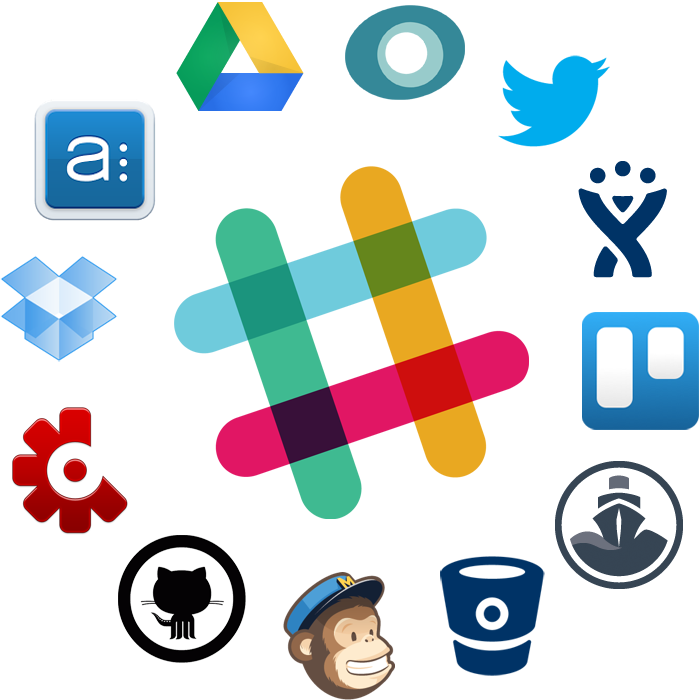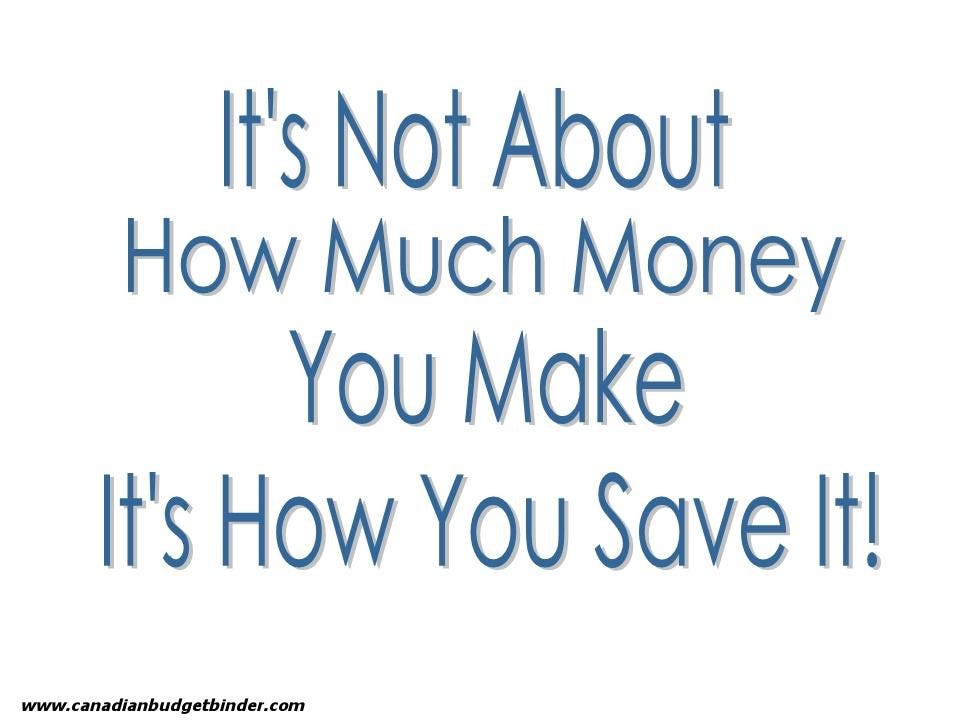Postmortem of My First Startup (Approkers)
Postmortem of My First Startup
Like all the programmers or developers, I have also been inspired from the glorious techno-preneurs or web-preneurs or entrepreneurs like Steve Jobs, Mark Zuckerberg, or Larry Page. This inspiration led me to start my own startup and try my part of luck in this world called as Silicon Valley.
In this piece of writing, I intend to present about my first startup experience which failed and got shutdown within 11 months. This article is all about what went wrong and what went right during execution of the startup. At end I will share you about what lessons I learned from this failure.
](https://cdn-images-1.medium.com/max/2000/0*kkBsbpjfPN1n9ZUD.jpg)
So, let’s start from a very short summary of my background and the startup domain. I am an experienced coder having skills in android native app development and game development. The startup, Approkers Limited, was an android advertising network which allowed app and game developers to boost their apps on Google Play by incentivising their potential users with real rewards such as mobile credit, cash, or discount offers at various restaurants, shopping malls etc.
What Went Right?
As this was first startup and not having business background, I had lots of problems to execute this. But with help of few friends and mentors, somehow i tried to sail the ship. Following are all the things which i did right I guess.
Joining Incubator
The best thing happened during this startup was joining an incubator. I even didn’t knew the meaning of incubator at that time. I was doing a job and got an invitation of free event of Founder Institute. They told that employees can also join incubator without leaving job and while part time. This motivated me to join it. In 4-months rough and tough program, they somehow taught me half MBA and I was now a lot aware of the business knowledge as well.
](https://cdn-images-1.medium.com/max/2000/0*ZztGlwn2g2Wxf_kE.jpg)
I advice all fellow entrepreneurs to join at least one incubator. This will help you in business, polishing idea,and most importantly making connections with experts and mentors. Founder Institute is really well-designed program which simulates the first 3 years of startup struggles within 3 months. So, if you can’t handle pressure of simulation at Founder Institute, how do you think that you will handle real startup pressure?
Making Business Connections
Just like to create any software product for web or Mobile or any other platform, you need to learn coding and programming. Similarly, to create startup you need to learn how to make business connections if you are the founder and playing role as CEO. I didn’t know about this before joining incubator and I used to think that I create the product and make it available on website and users will start using it automatically. That was my level at that time.
Founder Institute helped us a lot and made us to meet some renowned local CEOs and mentors and they helped us in connecting with customers and brands. > Your network is your networth.
Doing Development in-house
Being a founder with technology background gives you the benefit of creating the product and prototype yourself. But in our case, this became quite difficult to manage a full-time day job, incubator work and assignments, meeting with business connections, developing the product and spending time with family and friends.
](https://cdn-images-1.medium.com/max/2000/0*wlqYUXcTTsFHCrgJ.jpg)
What I learnt is that never create a startup alone. Always bind a partner with yourself if you can’t afford to hire a team.
What Went Wrong?
As this was my first time in business world, I did uncountable mistake from picking wrong co-founder to targeting wrong user audience to wasting money on wrong and invaluable stuff and so on. Here are some of those mistakes below.
Working Remotely
As I mentioned earlier that due to lot of pressure while startup, you must have partners or employees to divide our work. I did that by keeping one partner for managing and finding customers, one employee for developing back-end and server coding, and myself for defining user experience, creating mobile app, and running operations of company. My biggest mistake throughout was that I had all these guys working for me remotely with different time routines.
What I learned is to never keep specially partners as remotely because at early stages of startup you have to talk with your partners 1000 times a day and that becomes almost impossible when you are not together.
Not using Product Management and Tracking Tools
Product management is essential part behind any successful product. There are numerous tools with lots of features and available free of cost for small teams. We didn’t used these much because we were too lazy or too busy with other stuff in our life. Working remotely, these tools help to manage and track progress of product very easily and effectively.

Now, I use Trello, Slack, Toggl, Balsamiq Mockups, and Google Drive for every project I work on along with few more tools. (I Will write about those soon in detailed article).
Product Perfection Loop
My second biggest mistake was to create a perfect product. And perfection is just an illusion which is and will never be true. You can’t create a perfect product specially in early stages of startup when you have limited time and resources and have to validate your customers as well. It was first startup of ’mine and I didn’t know about lean startup methodology and I assumed that customers need this product. This perfect product loop wasted time, money, and in simple words all the resources we got and we were never able to get out of this loop and our company shut its doors before the opening.
Late Launch and Slow Execution
When you are stuck in product perfection loop, you might never be able to launch it ever. That’s exactly what happened with us. We were able to create a functional prototype within 6 weeks but we thought that this is not good. Its missing this feature and it has this bug and so on. And this perfection made our product launch delayed by 8 months. We were so exhausted and pressurized that we launched a buggy product with high features not working fully properly. And our early customers got bad experiences and they left.
The story before launch and after launch are entirely different. Before launch, you got indefinite time to work on your product but after launch you have to do everything faster than fastest. If one customer gets a bug, you have to try to fix it as soon as possible so that that customer or other customers don’t see that bug again. Not only bug fixing and working independently new features, you have to acquire new customers, manage social media, marketing, understand analytics and a ton of other work. This became impossible to manage with remote team and we lost all customers’ trust.
Wasting Money on Useless and Fancy Stuff
Being a startup founder, you have to make uncertain decisions which may or may not benefit your company. And if you get limited resources with limited money which makes your runway and days limited, then it becomes a lot difficult to make any decision at all. I couldn’t understand this at that time and wasted a lot of money on useless things like cloud hosting, building security layers, focusing on animations and 3d rendered graphics etc. No one is going to hack your little product at the very early stage where you don’t have even 10 daily active users. Or your server is not going to crash because you don’t have 1 million daily active users so you don’t need to spend fancy money on fancy and expensive clouds. That money can give you and your team another 2 months runway which can become a lot worthy for your startup.

Don’t Listen Your Customers. Understand Them
Before launch, all you do as founder is just assume. You assume that customers need your product to solve their problems. You assume that they will understand user interface of your little app. And you just assume and assume. But after launch, you know that all assumptions you made were wrong. At that time, you have to listen and understand your customers. But question is what you need to listen and whom you need to listen. I didn’t know about this. And after launch, our early hand-picked customers started complaining and we were just doing what they wanted. One customer said one thing other said entirely different thing. We were not focusing on problems, we were just listening and acting. And we kept pivoting and pivoting and at the end, even we forgot what we were trying to build and what we actually had built and our customers actually never understood our product ever.
What Lessons Learnt?
Although I learnt hundreds of lessons from thousands of mistakes because this was my startup and I would love to write about all lessons. So, let me share you my few most important lessons I learnt throughout this startup experience.
The most valuable lesson I learnt is to launch it as early as possible. What I follow these days is that if you can’t build your working prototype within 6 weeks to 12 weeks, then you are probably stuck in product perfection loop and might never be able to launch it ever.
For any startup, especially early-stage startup, joining atleast one incubator is must. I have so far joined two different incubators; part time and full time. I personally liked Founder Institute a lot because their program structure is very good and they teach you many many good things you might learn from bad experiences of startup.
Business is not all about competition. It is also about cooperation. So, make your business connections strong and seek their advice and help whenever possible and bury your ego at that time. You never know which opportunity knocks your door at what time by which connection.
Don’t work remotely, especially at early-stage. If you happen to be in different locations, then divide your roles and responsibilities in a way that technology and business development doesn’t come on shoulders of single person.
Using management tools is MUST for managing teams. If you won’t use it, then your team won’t use it as well. So, put habit of these tools in yourself first. There are lots of free tools with very good features which you use to improve productivity of you and your team. I will write another article about how I use different tools to improve my productivity.
Try to understand your customers and use analytics to monitor their usage behavior and optimize especially your on-boarding experience. Because, first impression is the last impression.
Finally, I finish this article and will be writing more about various life experiences. Thank you for reading this article.


